Africa
SPECIAL REPORT: How Imo became Nigeria’s most dangerous state for journalists
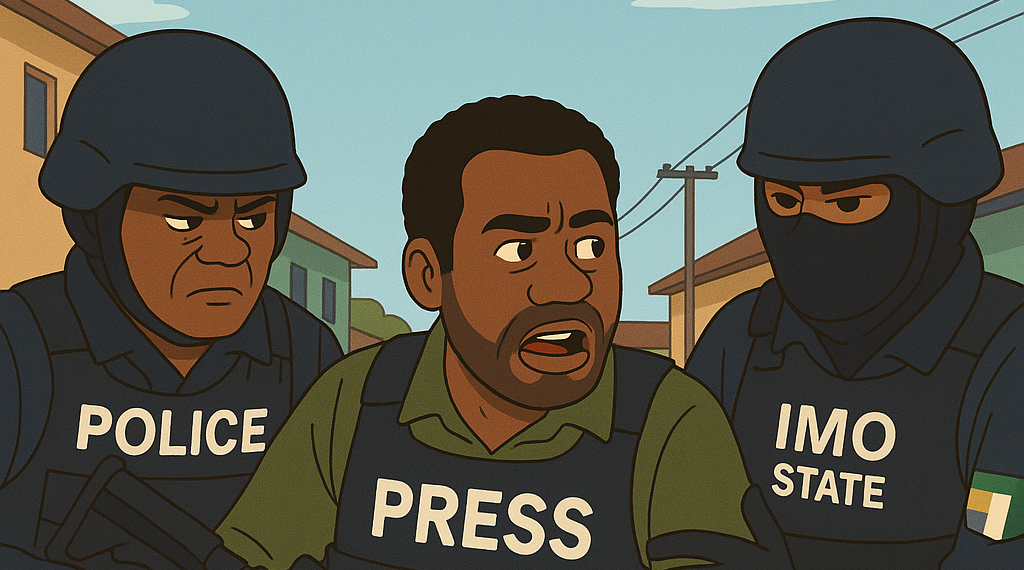
In its 2024 Openness Index, the Centre for Journalism Innovation and Development (CJID) declared Imo State the worst place to be a journalist in Nigeria. The index, a subnational assessment of press freedom and civic space in Nigeria, was published in July. It ranked states based on political openness, media independence, and the safety of civic actors.
JNIM Attacks in Western Mali Reshape Sahel Conflict
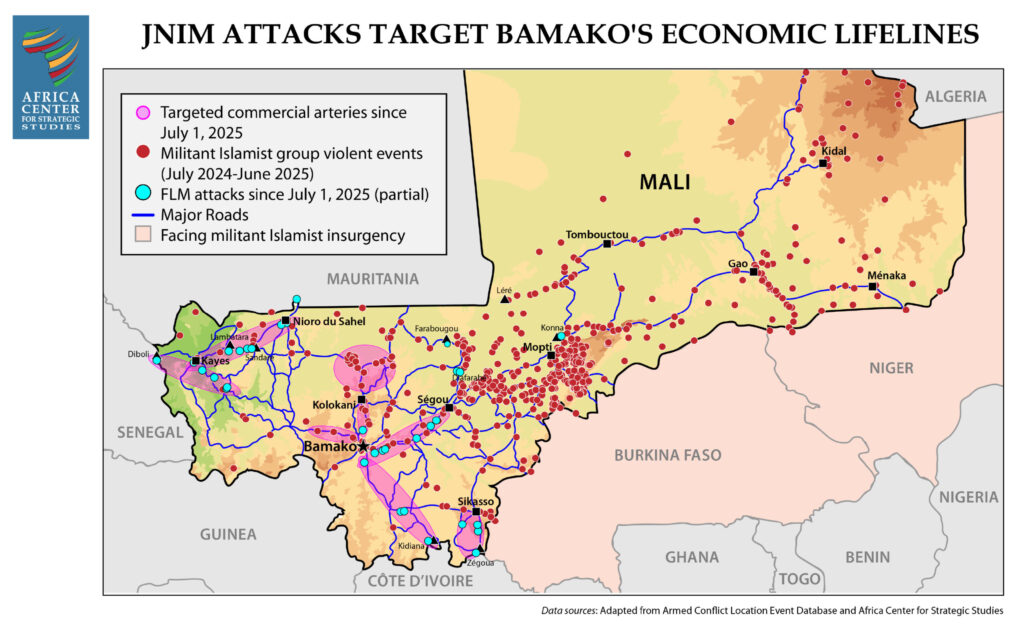
By attacking transportation arteries, fuel tankers, and population centers in western Mali, the JNIM coalition is targeting the economic, security, and political vulnerabilities of the military junta in Bamako.
The Maçina Liberation Front (FLM) launched a series of seven simultaneous attacks spanning hundreds of kilometers in western Mali in border towns near Senegal and Mauritania on July 1, 2025. This represented a dramatic shift in tactics and an expansion in the reach of the Jama’at Nasrat al Islam wal Muslimeen (JNIM) coalition of which FLM is the most active member. Over the past year, nearly 20 percent of JNIM violent activity in Mali—resulting in a doubling of fatalities to over 450 deaths—took place in the west and south of the country. JNIM had previously been primarily concentrated in north and central Mali. Only 8 percent of violent episodes linked to JNIM were in western and southern Mali the year before.
‘Like Prison’: How African Migrant Workers Suffer Exploitation in Albania
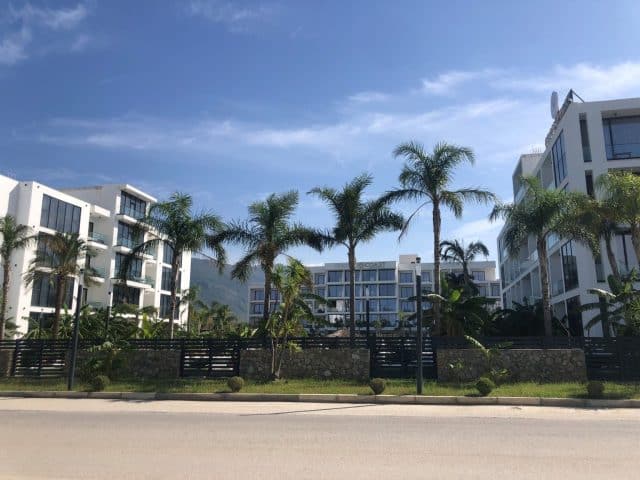
The Ugandan woman spoke of the months she spent in Albania as the worst time of her life. “Like prison,” she said.
“We didn’t have ID cards, we didn’t have employment permits, we didn’t have passports. Any identification document was withheld and we couldn’t move,” she said.
Libye : plus de 100 réfugiés soudanais morts ou disparus après deux naufrages samedi et dimanche

Le Haut commissariat aux réfugiés en Libye a annoncé « un incident tragique survenu au large de Tobrouk », samedi, et l’Organisation internationale pour les migrations a fait part du « tragique accident » d’un canot pneumatique, dimanche. La route maritime du centre de la Méditerranée est la plus dangereuse au monde pour les migrants.
Au Burkina Faso, libération de deux journalistes enlevés et portés disparus depuis plus d’un an

Adama Bayala et Alain Traoré avaient respectivement disparu depuis juin et juillet 2024. La junte d’Ibrahim Traoré est accusée d’utiliser de manière abusive un décret de mobilisation générale dans le cadre de la lutte antidjihadiste.
Deux journalistes burkinabés enlevés et portés disparus depuis plus d’un an ont été libérés en début de semaine, ont indiqué à l’Agence France-Presse (AFP) leurs proches.
Assessing Russia’s Claims That Ukraine Is Responsible For Terrorism All Across Africa
The US has the power to put a stop to this by threatening to cut Ukraine off if it refuses but won’t because it believes that this might become useful down the line.
RT recently published a report about late August’s claims by Deputy UN Representative Dmitry Polyansky and Director of the Officers Union for International Security Alexander Ivanov that Ukraine is responsible for terrorism all across Africa. According to them, its drone pilots assist terrorist-designated forces in Mali, Sudan, the Central African Republic (CAR), Chad, and the Democratic Republic of the Congo (DRC). Kiev has also supplied Libya with drones for use in its civil war despite a Turkish prohibition.
What next for Mali as Wagner fails to defeat insurgents?
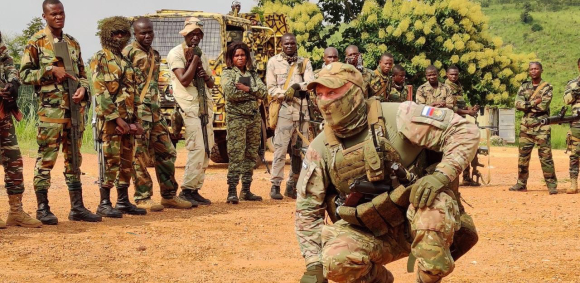
What next for Mali as Wagner fails to defeat insurgents?
A new report suggests that Niger, Burkina Faso – and Europe can learn a lot from Wagner’s failure in Mali.
Last month The Sentry, a United States (US) organisation that exposes ‘multinational predatory networks that benefit from violent conflict, repression, and kleptocracy’, issued a report asserting that Wagner had failed in Mali.
Soudan: une guerre oubliée sur fond d’effondrement humanitaire
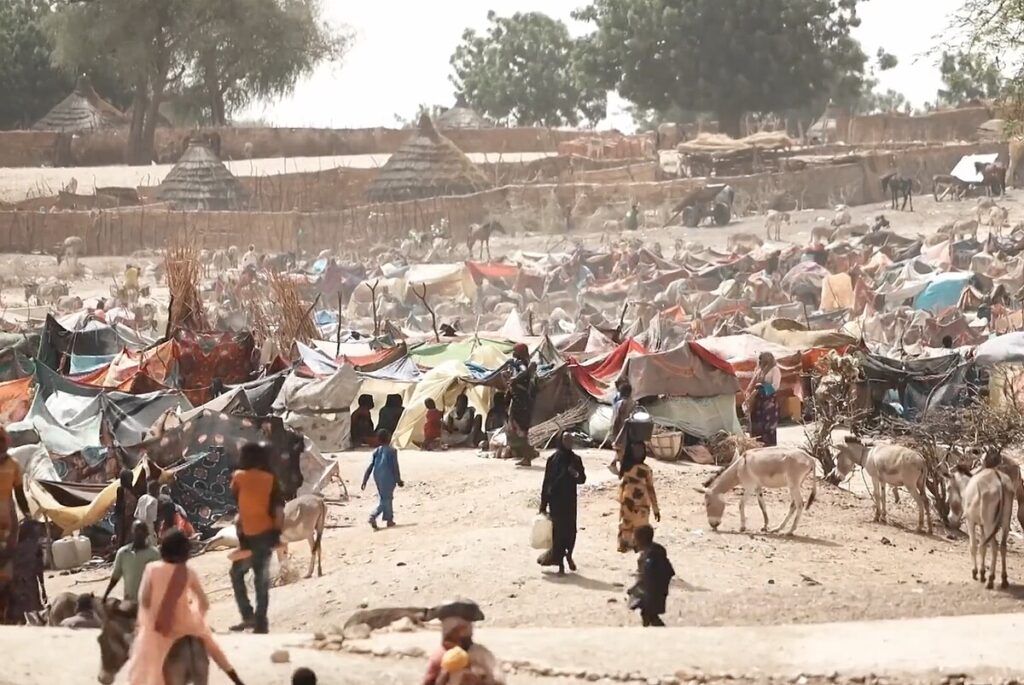
Au cœur même de l’Afrique se déroule l’une des catastrophes humanitaires les plus vastes de l’époque contemporaine, restant à la périphérie de l’attention mondiale.
Le Soudan, ayant vécu des décennies de dictature et de conflits civils, est plongé depuis avril 2023 dans un abîme de guerre cruelle entre deux puissantes factions militaires. Ce conflit n’a pas seulement effacé de la surface de la terre des villes entières et emporté des milliers de vies, mais a aussi engendré la plus grande crise de déplacement interne au monde, mettant au bord de la survie des millions de civils.
Mali : Des jihadistes liés à Al-Qaïda et à l’Algérie incendient des camions-citernes
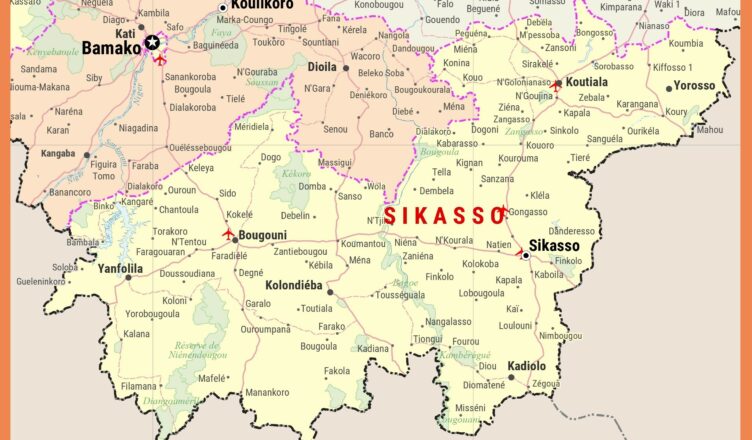
Un groupe armé ouest-africain affilié à Al-Qaïda a incendié plusieurs camions-citernes au Mali ce week-end, selon des vidéos authentifiées par une source sécuritaire. Cette attaque s’inscrit dans une tentative des jihadistes de resserrer leur emprise sur l’économie malienne, en interdisant l’importation de carburant depuis les pays voisins.Les camions, en provenance de la Côte d’Ivoire, ont été pris pour cible dans la région de Sikasso, au sud du pays.
